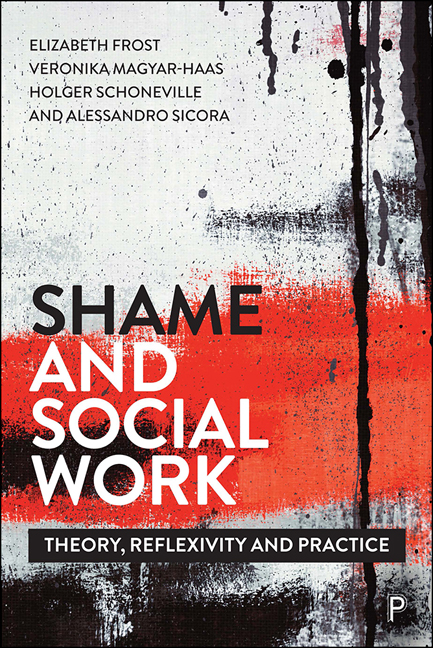2 - Sociology of Shame: Basic Theoretical Considerations
Published online by Cambridge University Press: 10 March 2021
Summary
Sociologists who concern themselves with emotions immediately face the difficulty of expressing themselves properly. Scientific language provides us with neither the vividness nor the sophistication needed if we are to appreciate the full meaning of the reality that a person experiences in all its depth and scope. For some levels of the human stream of experiences, this is even true of language in general. The world of emotions is one of those spheres of our existence that are so close to us that separation by verbalisation hardly appears possible.
The most accomplished pages of literature can at times offer us images which represent emotions that are difficult for us to access by means of language. What Dostoevsky tells of the emotional torment of the ‘poor clerk’ in the writing rooms of tsarist Russia, what Virginia Woolf reports about the feeling of cruel ridicule after a failed selfpresentation, what Stefan Zweig is able to convey about the fear of a hidden tendency of the self being discovered or what Franz Kafka reveals about his shame in relation to his father – these are condensed representations of a collective experience that leaves every single person speechless. In this context, science is but a paltry concentrate that translates the full content of the experiences into meagre concepts and, in doing so, succeeds in capturing neither the acuteness of the inner anguish of shame nor the metaphysical indecisiveness that characterises this sensation of a momentary loss of the world.
We habitually speak of shame as something quite personal that does not really incorporate historical or social aspects. Other than perhaps fear and love, shame is perhaps the emotion that is most closely attached to the character of a person, that is positively inscribed to the body. And yet shame is also a social emotion, which is consistently present in the everyday societies and which, in these societies, plays a crucial role in human self-image and behaviour.
What is common to all emotions is that while feeling them we immediately assign a certain meaning to reality as we experience it. Shame is the feeling of having lost one's self-esteem in this reality.
- Type
- Chapter
- Information
- Shame and Social WorkTheory, Reflexivity and Practice, pp. 39 - 54Publisher: Bristol University PressPrint publication year: 2020
- 1
- Cited by



